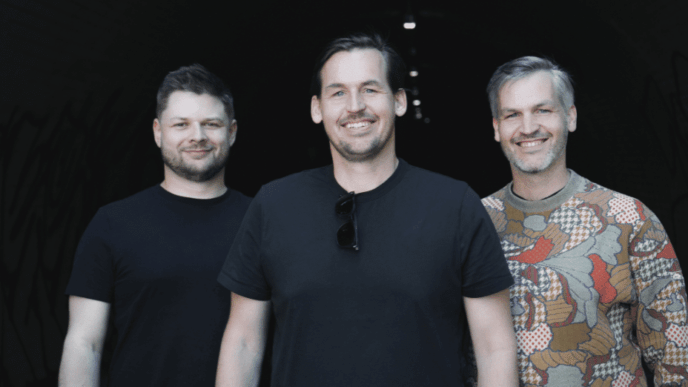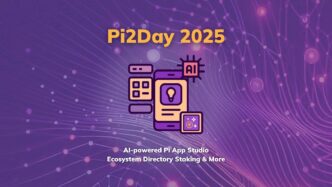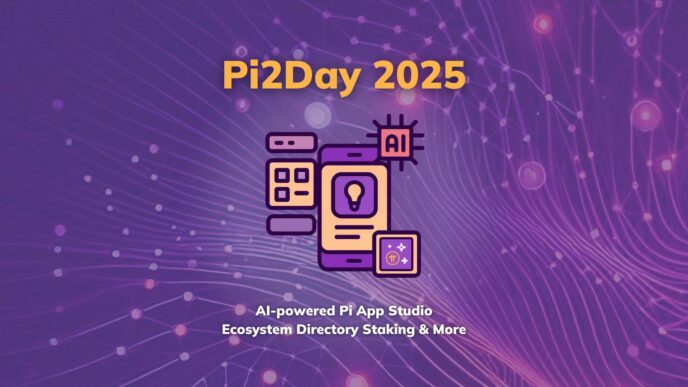Midjourney launched a new tool that turns still images into short videos. Users can animate family photos, old snapshots, even memories. Reddit cofounder Alexis Ohanian used it to animate a photo of his late mother holding him as a child. His video shows her laughing, smiling, rocking him gently.
Ohanian posted the clip on X and it’s hit nearly 30 million views.
“Damn, I wasn’t ready for how this would feel,” Ohanian wrote.
“This is how she hugged me. I’ve rewatched it 50 times.”
The launch follows rising debate on "digital resurrection" — using AI to recreate the dead. Experts warn it may blur the line between memory and AI fiction.
Criminal psychologist Julia Shaw said:
“AI is a perfect false memory machine.”
She worries the tech may overwrite real memories with AI-generated ones.
Memory expert Elizabeth Loftus pointed out how AI manipulations easily change what people recall.
“Participants reported high levels of confidence in their false memories,” Loftus said, referencing a study with the MIT Media Lab.
Neuroscientist Mary-Frances O’Connor explained grief could get complicated by these digital recreations.
“All cultures have used technology to connect with deceased loved ones,” she said.
“The key question is whether AI helps us connect or traps us in a sense they never left.”
Cyberpsychologist Elaine Kasket said we are in “a massively novel situation” with digital remains.
“Is the fiction from the machine unhealthier than the fiction from within our own heads? It depends what function it serves.”
AI companies are pouring billions into agents that could act like digital stand-ins for the dead. Shaw called it “an atheist version of being able to talk to ghosts,” but cautions against misuse.
O’Connor warned commercialization is likely:
“People have long profited from the bereaved, from mediums to intercessionary prayers for a fee.”
Shaw and Loftus say the tech can offer emotional value if used privately and carefully:
“If people want to do this in their own private world, because it makes them feel happier, what’s the harm?” Loftus asked.
Concern grows over users getting trapped or secretive around AI recreations of lost loved ones.
Kasket fears reliance on digital ghosts could make us fragile.
“If all the difficulty and pain get scrubbed away, we might be left vulnerable to life’s challenges,” she said.
“We need to take a beat and think about what we’re doing here.”
The debate over AI’s role in grief and memory is just heating up.














